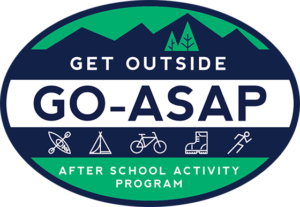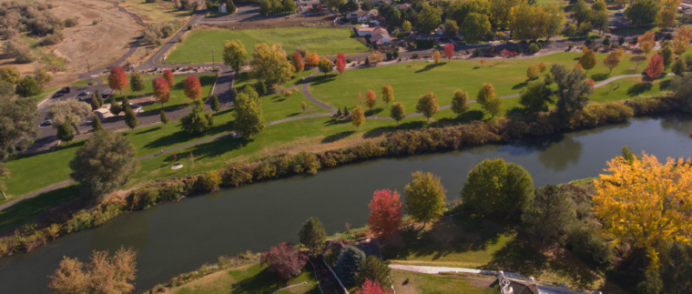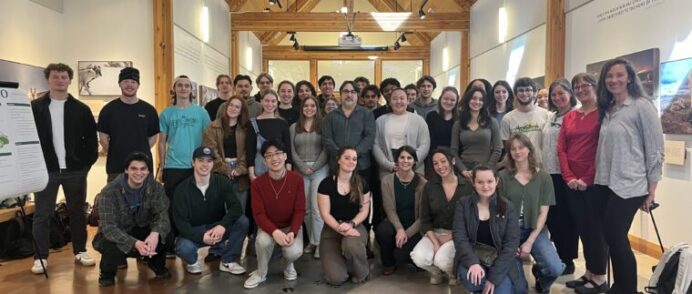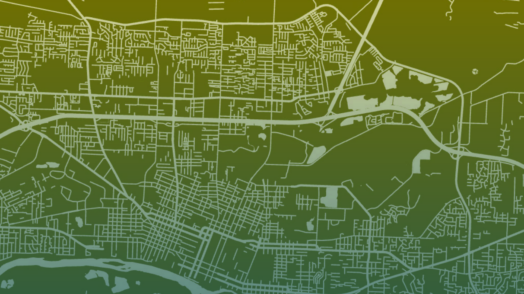
Khea Pollard, CEO of Cafe X: as well as the creative mastermind for the Black Women’s Resilience Project has dedicated her career to supporting and advocating for communities of color in her residing city of San Diego. Cafe X serves as a hub and according to Khea: “It’s more than just coffee, it’s a movement […]
Read More… from Black Women’s Resilience Project supported by Jewish Family Services: Sustainable Business Consulting Report

According to Moslimani et al. (2024), underpinned by the US Census microdata from 2022, the Black population of the US is growing, from 36.2 million self-identified Black people in 2000 to an estimated 47.9 million people in 2022; this is an increase of 32% in two decades, making up 14.4% of the country’s current population. […]
Read More… from Empowering Black Women in San Diego

With support from the Sage Project at San Diego State University and in collaboration with the Black Women’s Resilience Project (BWRP) and Jewish Family Service of San Diego (JFSSD), student researchers created a community needs assessment to collect information about the struggles of single Black mothers who live in the health equity zip codes established […]
Read More… from Socioeconomic Struggles and Opportunities with Guaranteed Income: Community Engagement, Self-Actualization, Healthcare, and Economic Mobility

In collaboration with the Jewish Family Service of San Diego (JFSSD) and under the guidance of the Sage Project, student researchers at San Diego State University collected existing data to aid the launch of the Black Women’s Resilience Project (BWRP)—a new initiative being launched by the JFSSD to support Black women living in San Diego. […]
Read More… from “Social Determinants of Health and Their Impact on Black Women in San Diego County: The Social, Economic, and Environmental Factors that Shape Health Outcomes”

The Get Outside After School Activity Program (GO-ASAP) offers middle school students activities including hiking, paddle boarding, rock climbing, mountain biking, and cross country skiing. Middle school students who are not involved in extra-curricular school activities are selected by area middle schools to participate in GO-ASAP. The goal of GO-ASAP is to provide students with […]
Read More… from Get Outside After School Activity Program (GO-ASAP)

Cottonwood Crossing Summer Institute (CCSI) is a week-long residential field studies program for high school students held in Cottonwood Canyon State Park. Participants choose from course options where they learn about locally significant cultural or natural resources. Projects are led by EOU faculty, EOU student interns, and other regional professionals. […]
Read More… from Cottonwood Crossing Summer Institute

This report evaluates alternatives to fund a new area Health, Wellness, and Aquatic Center located in the city of Hermiston. Funding options that students evaluated included: • Create a special park and recreation district • Create anintergovernmental entity • Place construction and management of facility under the Hermiston Parks and Recreation Department To evaluate these […]
Read More… from Financing an Aquatic Center: Health and Wellness in Hermiston

The City of Salem sought recommendations on how to increase Electric Vehicle (EV) charging infrastructure and access. Recognizing the importance of a well-rounded and evidence-based approach, the student teams employed a variety of methodologies, including Geographic Information Systems (GIS) analysis, literature reviews, case studies, and interviews with key stakeholders. Based on this research, the students […]
Read More… from Recommendations for Increased Electric Vehicle Access and Adoption in Salem, Oregon

In response to the City of Salem’s goal of identifying park service area delineation methods that would facilitate a more equitable and accessible park system for residents, Spatial Justice Seminar students analyzed equity and delineated potential park service areas in Salem. Throughout the term, students explored what spatial equity meant, reviewed precedent studies, completed observational-based […]
Read More… from Salem Parks Equity & Service Area Report

The City of Salem, Oregon, has shown dedication to achieving sustainability goals and revitalizing its neighborhoods by conducting walkability and comprehensive corridors assessments. As part of the Sustainable City Year Program, students from the Geography Department at the University of Oregon participated in an Advanced Geographic Information Systems (GIS) class in collaboration with Salem to […]
Read More… from Navigating Urban Networks: A GIS Exploration of Walkability in Salem, Oregon









